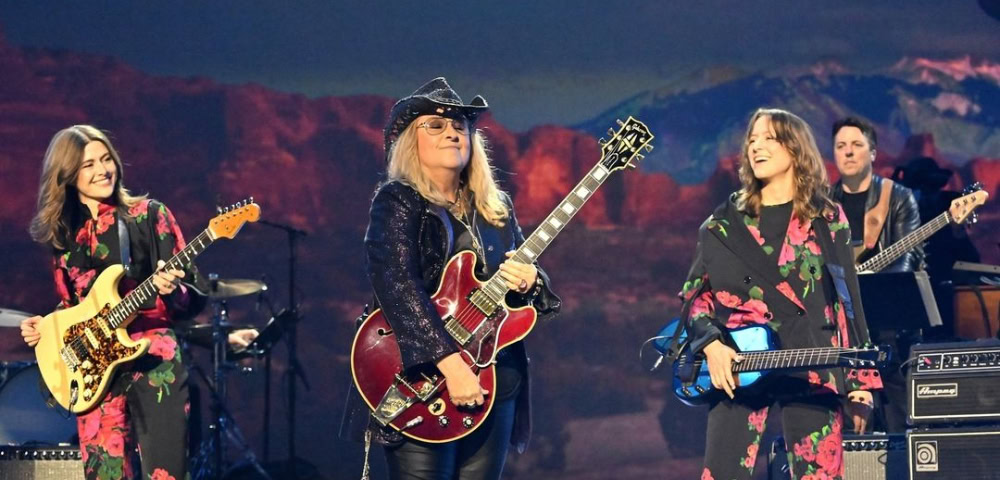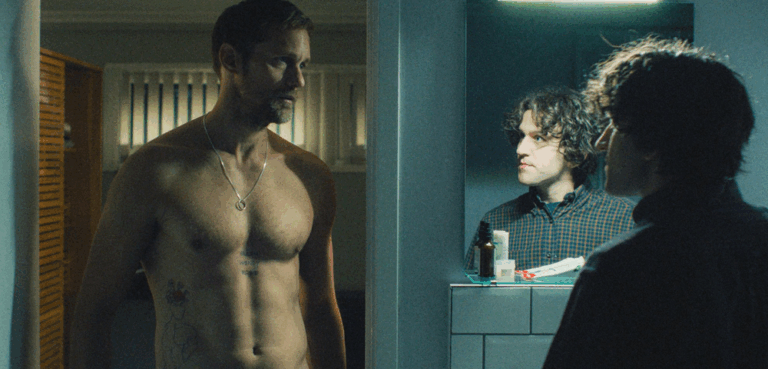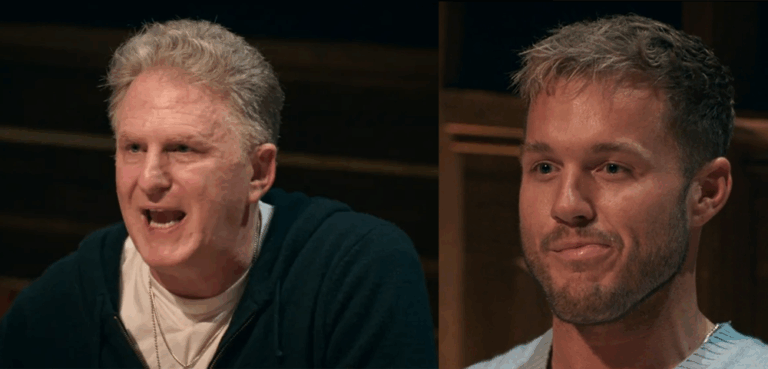
Melissa Etheridge Reflects On How Her Queer Identity ‘Protected’ Her From Sexual Harassment in Music Industry

Lesbian rock icon Melissa Etheridge has written an insightful piece, reflecting on how her Queer identity protected her from sexual harassment during the early stages of her career.
In commemoration of International Women’s Day on March 8th, TuneCore unveiled its fourth annual Be The Change: Gender Equity In Music Report. This comprehensive study sheds light on the persistent challenges confronting women and nonbinary individuals in the music industry, notably attributing many of these obstacles to a pervasive lack of representation across all levels of the field.
Etheridge wrote the foreword for the report, and shared insights into the discrimination she has encountered as a queer woman throughout her career. Despite these challenges, Etheridge acknowledged moments where her queer identity provided her with unique advantages and resilience throughout her music career.
Challenges and Protections in the Music Industry
“In music — as in life — being a woman comes with its own set of obstacles, both seen and unseen… Ranging from unequal pay and a diminished sense of autonomy to the countless cases of sexual harassment and abuse that have come to light in recent years from all corners of the industry. And, these obstacles are compounded for women of colour and gender expansive individuals”, she wrote.
Etheridge stated that while her LGBTQ+ identity occasionally led to feelings of isolation, she shared that it also gave her a shield against most of the sexual harassment encountered by straight women.
“What was the hardest for me was also a blessing. I was lucky enough to find steady work in LA’s lesbian bars, so when I entered the music industry, it was already known that I was gay. It changed the way people responded to me”, she said.
“I didn’t experience the same sexual harassment as straight women in the industry. Men stood back and didn’t know how to deal with me. So, in a way, my Queerness protected me”, she added.
Etheridge’s Public Coming Out at the Triangle Ball
The ‘I’m The Only One’ singer publicly came out in January 1993, at the Triangle Ball, an LGBTQ+ gathering commemorating the inauguration of then-President Bill Clinton.
Speaking to American magazine AARP, Etheridge revealed that she never intended to become a “gay icon,” emphasising that during the early ’80s, coming out and maintaining a professional career seemed incompatible.
“In the early ’80s … it wasn’t an option to come out and think you were going to be a professional”, she said.
However, despite her initial reservations, her decision to come out led to an extraordinary increase in her record sales, reaching an impressive 6 or 7 million virtually overnight.
“I’ve been around in the music industry for over 40 years now, long enough to see how far women and gender-expansive musicians have come”, she said.
“People are sometimes driven by their own misunderstanding and fear, so if you become the love you want to see, we hope they will feel that and change”, she added.
Etheridge emphasised the transformative potential within the music industry, stating, “Our industry’s past doesn’t dictate its future.” She envisioned a reshaped landscape of music, and stressed the collective responsibility to combat discrimination in all its forms.
For Etheridge, everyone must “BE THE CHANGE”.


